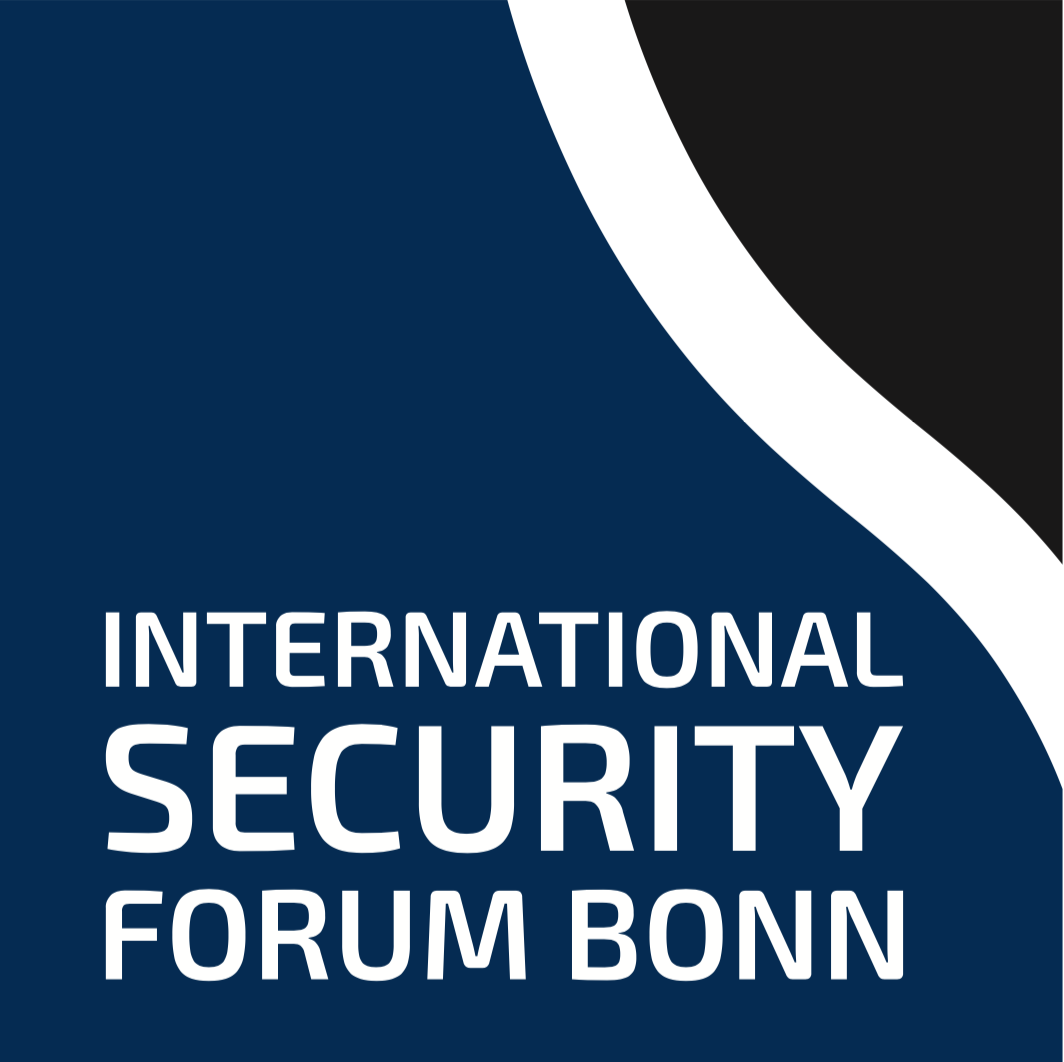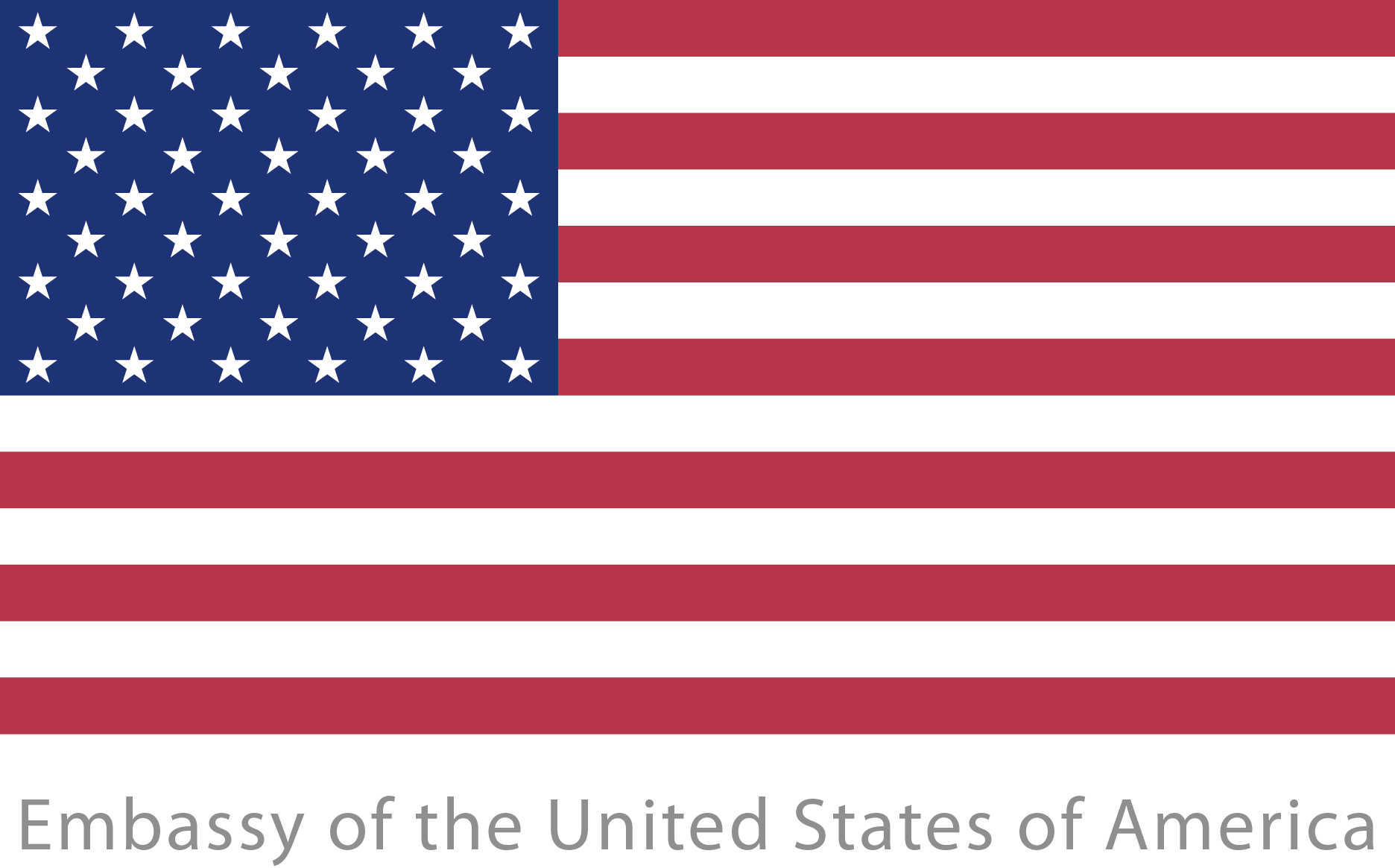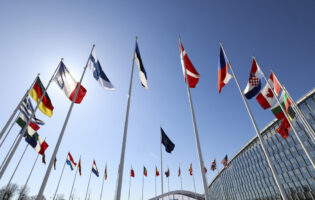Germany and Transatlantic Security: Germany’s Role in European Defense
What is Germany’s vision of European defense? How does Germany see its own role, and what do Germany’s European allies expect from the continent’s largest economy and largest defense spender when it comes to defense burden sharing? This seminar will highlight the leadership challenges on European defense, consider how Germany’s role has changed, and seek to outline common ground on the way forward.
Speakers:
Dr. Volker Ullrich, Member of the German Bundestag, Member of the Committee on European Union Affairs
Omid Nouripour, Member of the German Bundestag, Spokesperson on Foreign Affairs of Alliance 90/The Greens’ Parliamentary Group
Slawek Debski, Director, Polish Institute of International Affairs
Claudia Major, Head of Research Division International Security, German Institute for International and Security Affairs (SWP)
David Bertolotti, former Director of Strategic Affairs at the French Foreign Ministry
Event summary
Germany’s vision of European defense
President-Elect Joe Biden has sent clear signals to Europe that he stands transatlantic cooperation is committed to the NATO alliance. However, Germany must do more to strengthen not only the transatlantic partnership but also European capabilities. Europe must be ready to act to defend its own interests in Europe and in the immediate neighborhood. Europe must also be ready to adapt to security challenges brought on by climate change, authoritarian threats to democracy and the rule of law, and emerging and disruptive technologies.
Germany’s role in transatlantic defense
The incoming Biden administration will look to Germany as its primary partner in Europe, rebuilding trust in a damaged relationship. There are high expectations for Germany to unify European positions on key defense issues, develop European capacities, deliver on promised capabilities, and get transatlantic cooperation back on track. German policymakers must manage these expectations in conjunction with an election campaign in 2021 in which the focus will be on domestic issues and increased defense commitments and spending will not necessarily be popular with voters.
European expectations for Germany
While President-Elect Biden promises a return to multilateralism, European partners are wary of the “America First” attitudes still resonant with the American public even as the Trump presidency draws to a close. Even under the more Europe-friendly Biden administration, the United States will expect its allies to meet its promised commitments. Europeans should use this opportunity to stop debating terms and devote time and resources to building real capabilities to deliver to European armies and enhancing cooperation between industries. Central European partners want a credible, capable ally in Germany, especially as Europe contemplates a future in which the United States expects its partners to take the lead to solve problems in their neighborhood. While Berlin’s partners in Paris hope that Germany increases its security commitments, the French also view Germany as their most important partner on security issues. Germany is certainly not the only European country not meeting its commitments, and Franco-German leadership could move others in the desired direction.
The China challenge
Western allies face a multifaceted challenge when it comes to China, and Europe must decide if that challenge has a security dimension in addition to political and economic dimensions. Europe recognizes China as a systemic rival, and Germany should take advantage of this opportunity to further unite Europe on its position toward China. Europe must decide how to confront not only China’s actions toward democracies in China’s neighborhood, but also China’s investment in critical infrastructure through the Belt and Road Initiative projects throughout the EU.
Germany can also cooperate transatlantically to counter Chinese ambitions. The United States and Europe should increase cooperation and investment within multilateral institutions such as the WHO, WTO, and UN bodies where China is beginning to exert its influence. Democratic partners must set the international rules and standards on emerging digital technologies, cyberspace, and space security. And NATO and the EU should work together to leverage their strengths, where NATO can manage more traditional security challenges that might arise in Europe and the EU can focus on economic regulation. At all levels of the challenge, allies should work together to protect democratic values and the rule of law.
In partnership with the International Security Forum Bonn 2020


This webinar is supported by the United States diplomatic mission in Germany.







